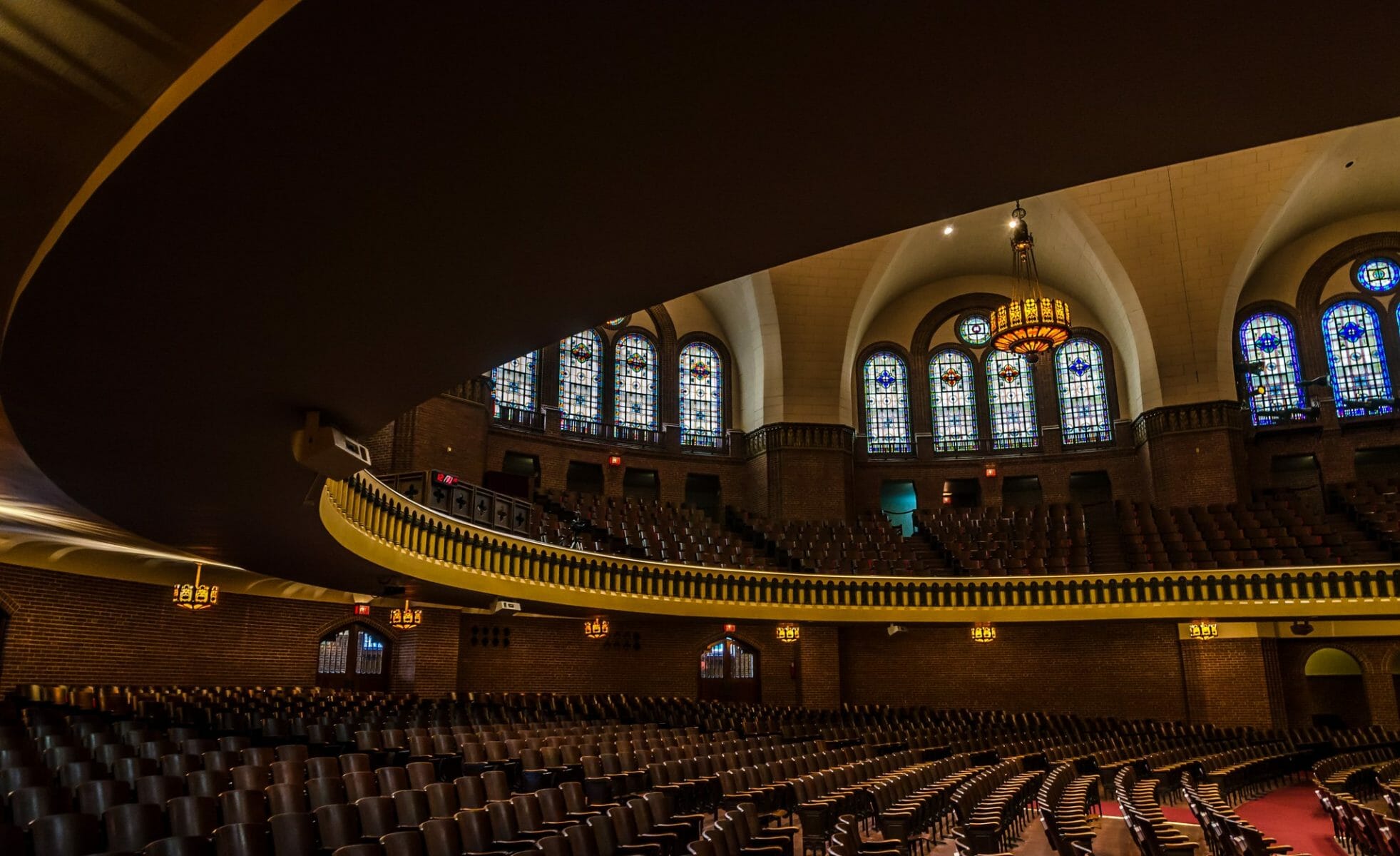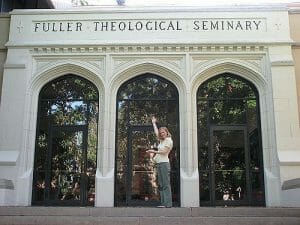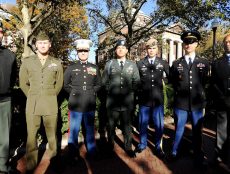
Uncategorized
With Christian eLearning on the Rise, Seminaries Close Their Doors
By Henry Kronk
December 01, 2017
Given the rising cost of education and the potentially harsh debt climate for students, many learners have begun to choose cheaper online courses as a replacement for a traditional college experience. This has resulted in lower enrollments particularly at private for-profit universities.
The University of Phoenix made plans this year to phase out numerous campuses. The university’s former parent company, Apollo Education Group, was sold to a notorious distressed asset buyer earlier this year.
Online degrees allow lower overhead for companies and provide a more affordable option for students.
It seems like an old story at this point, and it applies to education in several fields and locations. Seminaries and theological educators are no different.
Recent Closures at the Hands of Increased eLearning Popularity
This summer, Fuller Theological Seminary announced it will be closing three of its eight campuses and limiting programs at two more.
“Because Fuller Online has prompted an expansion of our global footprint, these are exciting times for a seminary community … [T]he significant increase in online enrollment has been matched by a decrease in enrollment on our geophysical campuses,” stated Fuller provost Joel Green. “To offer one snapshot, while winter quarter online enrollment has increased by almost 50% from 2013-2017, enrollment on our regional campuses has decreased by about 30% during the same period.”

In a letter to the community, Fuller administrator Mark Labberton copied Green’s words, quoted Thomas Friedman and Moore’s Law, and added elaborated on his colleague’s words. “As we phase out certain regional campuses and programs, we will be working with each student impacted by these decisions to come up with a plan to complete their degree,” Labberton said.
All existing campuses will see the current class through to graduation next spring. After that, campuses in Seattle, Orange County, and Menlo Park will close. The Phoenix location will see a reduction in program offerings.
Among online students at Fuller, however, education and collaboration among students is growing. The institution has been trying out a program titled Fuller Formation Groups, which organizes remote students into groups to interact virtually.
Earlier this month, Moody Bible Institute also announced it would shutter its Spokane, WA campus. The location had been in existence for 25 years.
The school will retain its Chicago Campus, which is far more established and attracts higher enrollment.
In terms of enrollment, the Chicago campus serves 1,599 students this year, compared to 442 in Spokane and 664 online.
A Growing Trend
The Association of Theological Schools (ATS) conducted a survey on seminary enrollment and found that the numbers detailed by Provost Green match a continental trend. The ATS is comprised of over 270 institutions throughout the U.S. and Canada. From their own self-reporting, they found that in person enrollment has dropped by 26%. Online enrollment has more than doubled.
“The overall trends seem fairly clear,” said Tom Tanner, director for accreditation and institutional evaluation at ATS, according to Christianity Today. “[D]istance education enrollment is way up and extension education enrollment is way down.”
While several campuses have closed lately, over the past ten years, the number of satellite locations has grown. According to the ATS, over 50 satellite campuses have been added to existing institutions in the past decade.
“I think what is happening is that schools are moving more to a hybrid model,” said Tanner, “where some courses are offered at extension sites and some offered online, which means fewer student enrollments at extension sites. Programs can also require students to be on campus for one or two weeks a semester for certain courses, while completing other requirements virtually.”
Other external factors are driving change as well. For example, the popularity of nondenominational churches has grown rapidly of late. Pastors at these churches may not be required to obtain seminary degrees.









One Comment